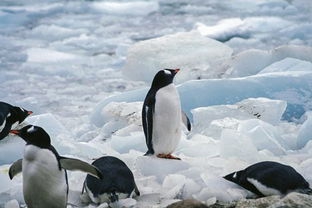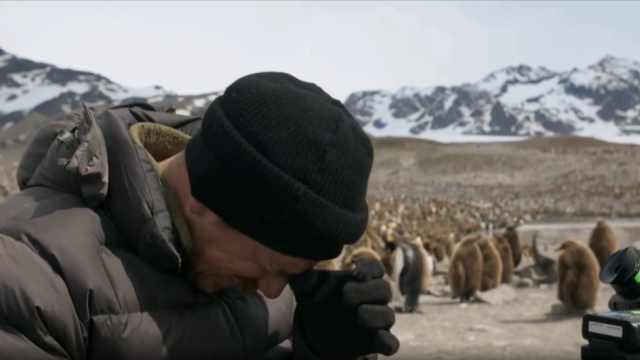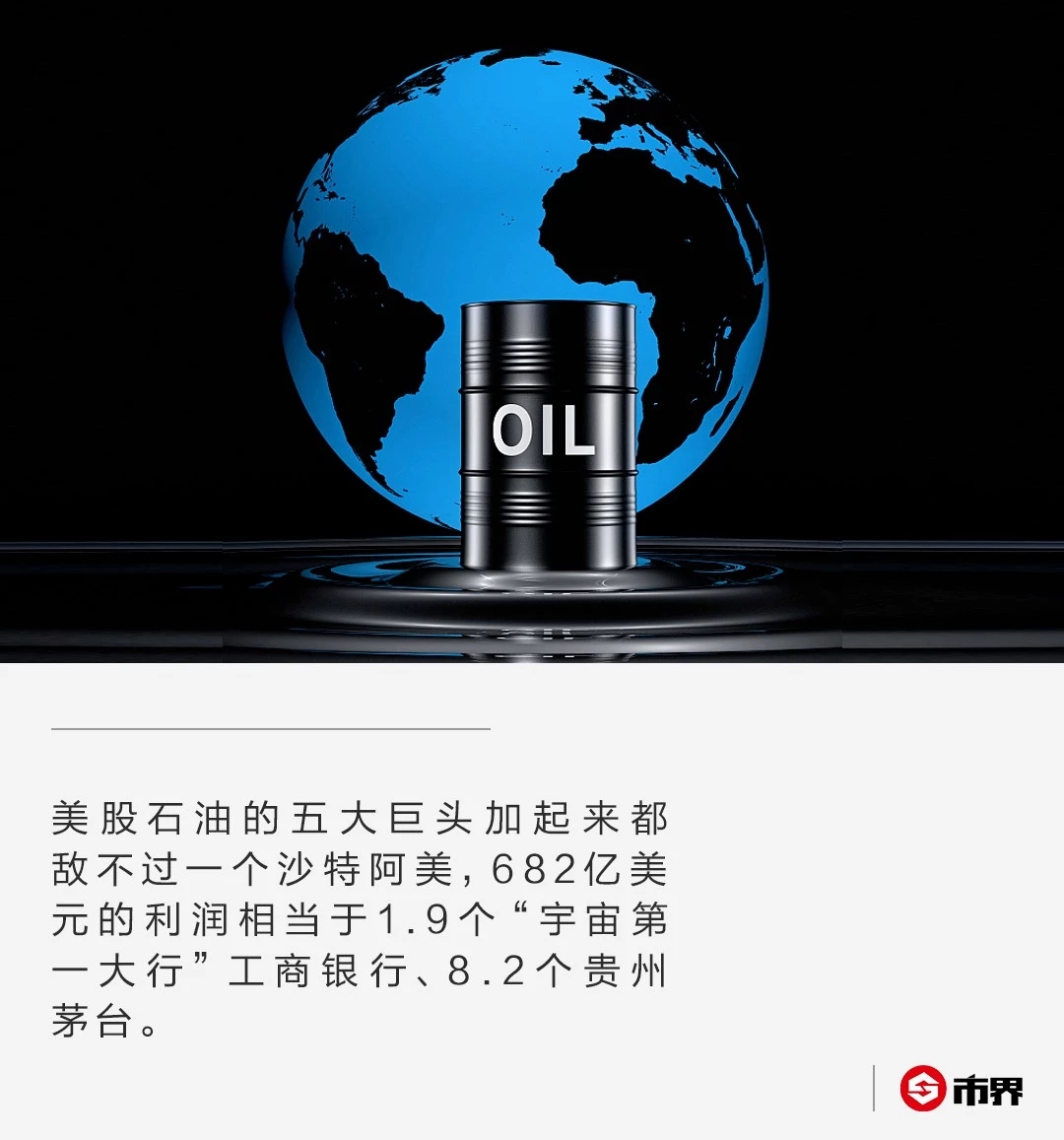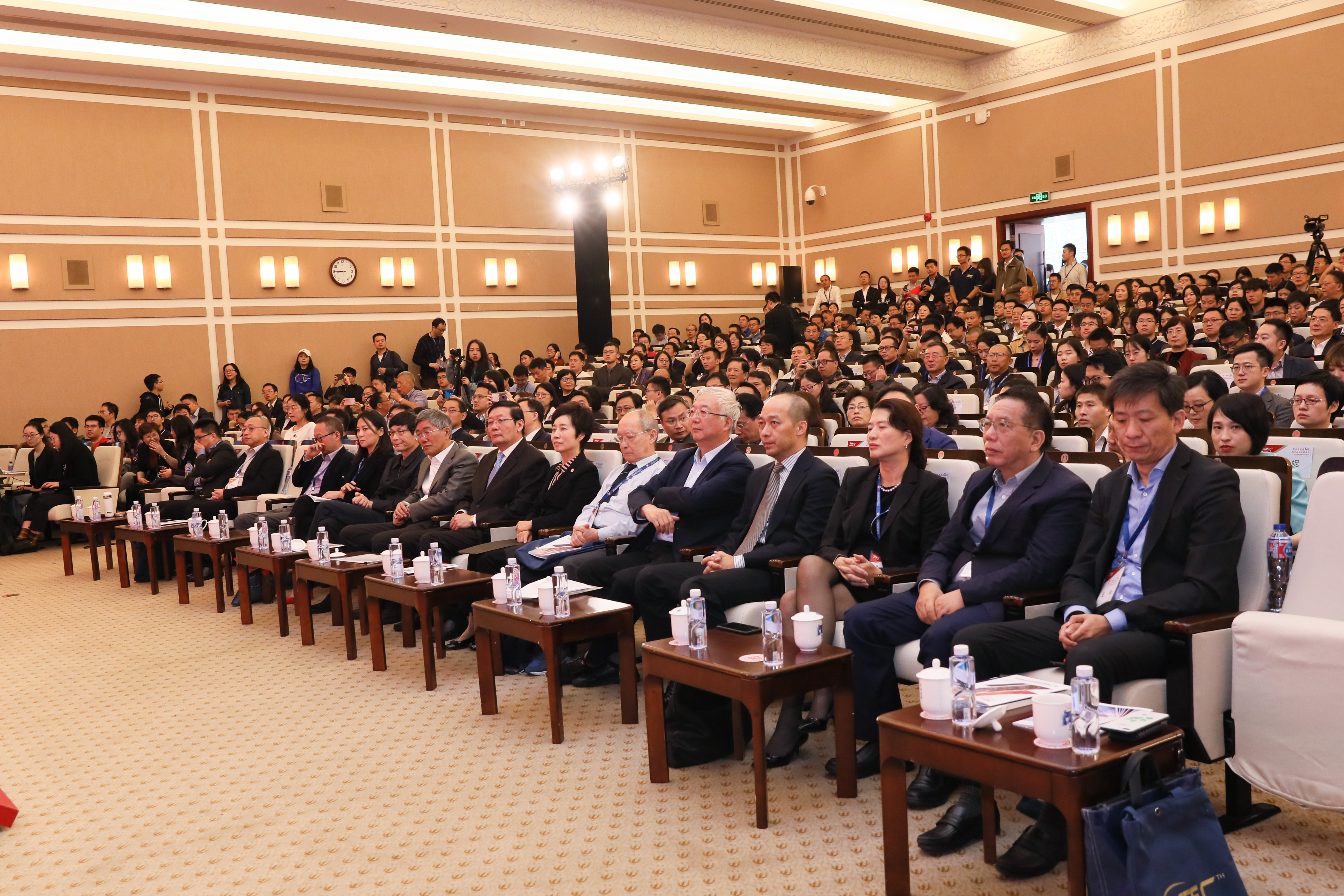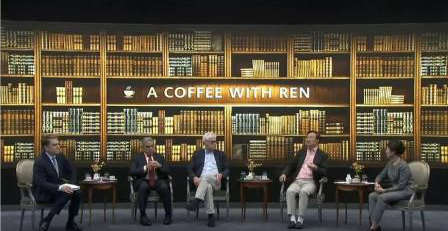Snow and ice melting may be a good sign for many people that a spring is coming, but scientists concerned about climate change point out with concern that global warming and the resulting accelerated melting of ice and snow are posing a serious threat to the survival of all human beings and other species. "Our world is moving towards the replacement of existing free natural resources with man-made facilities," says David Tillman of the University of Minnesota. However, we do not have the relevant knowledge of natural ecosystems. In the great Permian extinction of 245 million years ago,96% of the species died. Later, with the emergence of many new species, the Earth. At last, the rich population was recovered, but the process has been full of 100 million years. Wilson said: "In the view of some, the natural world will revive all the things that mankind has destroyed.". The proverbial cloud: "All things can arise as long as there is enough time." may actually be able to restore everything, but this long process is meaningless to modern humans in any way.
In the recent highly rated BBC documentary Seven World, one Planet, members of the crew said in an interview in Antarctica that "it's hot here." they witnessed the impact of global warming and shed tears at the thought of the future these animals will face.
Another study of global warming is even more surprising. By melting Arctic ice sheets, increasing rainfall and changing types of wind, large amounts of fresh water are flowing into the North Atlantic, destroying the Gulf of Mexico warm current, thereby cutting off the North Atlantic warm current. It is these warm currents that bring warm surface water from the Caribbean to northwest Europe and create a warm climate in Europe. Once the North Atlantic warm current is cut off because of global warming, the temperature in northwest Europe may drop by as much as 5 degrees Celsius, and Europe may face a new ice age!
In recent years, global warming, melting of glaciers, and rising sea levels have begun to endanger the environment in which penguins and even a large number of animals live.
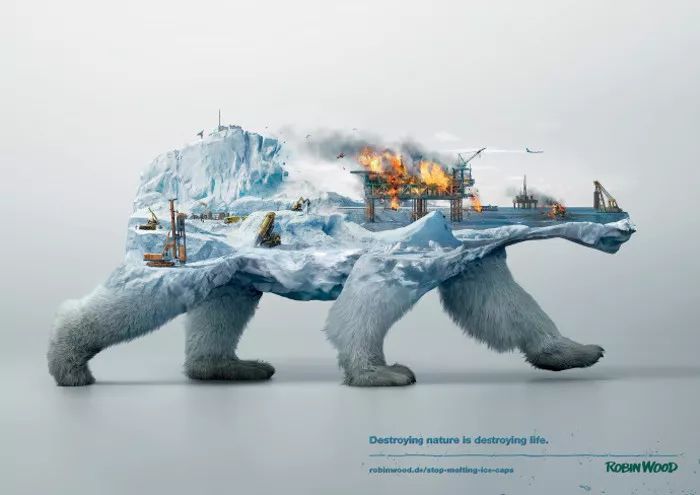
Wild animals, like us, have the right to live on the planet. They're not like pets, they need food to make a living, and they don't threaten our lives, they're self-reliant and enjoy the right to live with us, but in many cases, humans have hurt them for their own desires and interests. Every time I see the videos of these large-scale kill sites, the most frightening is to see those eyes that are shining with fear. It's a kind of despair and helplessness, and I can't even imagine what they're doing right now. In the dozens of seconds of the hunt, each frame reminds me of the film, "Suyuan>," of being persecuted for good. The protagonist's sentence, "Dad, did I do something wrong?" At this time, I would even like to believe that: there is no real feeling in the world. The status quo in Antarctica may be just the beginning, or perhaps everyone, like me, would prefer it to be an end. Because when the avalanche, no snowflake is innocent.
Scientists have found that if global temperatures continue to rise, melting Arctic icebergs will release large amounts of toxic chemicals that are captured and intercepted in ice and cold water. The researchers warned that the large amounts of poison gathered in the polar regions were unknown and that their release would seriously endanger marine life and the human environment. These chemicals will exudate, including the insecticide DDT, chlordane. All of these are persistent organic pollutants that can lead to cancer and birth defects that were previously captured by Arctic ice and frozen water. However, in monitoring the measurements of organic pollutants in the air in 1993 and 2009, scientists from Norway and Canada found that, Global warming is making these pollutants back to the "freshmen". The members of the study group, Haley Hong, said: "The next step is to find out how many pollutants are in the North Pole and at what speed it is leaking."
(Picture Source:Sogou)
In a 2015 study, scientists concluded that, even with extremely conservative estimates, the rate of disappearance of species was 100 times faster than normal. In short, we are now entering the sixth mass extinction event that threatens the survival of humankind. It is not a new problem to protect the natural habitat of an animal, but it is hoped that such an activity will again cause attention and contribute to one's strength. The animals in the South Pole should not pay for our mistakes.
Global warming, or global warming, refers to the climate change caused by the temperature rise caused by Greenhouse Effect in the earth's atmosphere and oceans over a period of time, and its effects are called global warming effects. Many scientists believe that the intensification of Greenhouse Effect caused by high greenhouse gas emissions may be the basic cause of global warming. Global warming will lead to redistribution of global precipitation, melting of glaciers and permafrost and rising sea level, which not only endangers the balance of natural ecosystems, but also threatens human food supply and living environment. The global average temperature from 1981 to 1990 was 0.48 ℃ higher than that of 100 years ago. Guide The main cause of global warming is the heavy use of fossil fuels (such as coal, oil, etc.) and the emission of a large number of greenhouse gases such as CO in the past century. These greenhouse gases cause global warming. In the 20 th century, the world average temperature climbed about 0.6 degrees Celsius. Snow and ice freezes in the northern hemisphere are nine days earlier in spring than they were 150 years ago, while autumn frost begins about 10 days later.
